On June 24, the ECI announced that each of the nearly 80 million voters – equivalent to the entire population of the United Kingdom – in the eastern Indian state of Bihar will need to re-register as voters by July 26.
Those unable to do so will lose their right to vote and will be reported as “suspected foreign nationals”, as per the ECI directive and could even face jail or deportation. The state’s legislative elections are expected to be held in October or November.
Critics say the move is a backdoor route to implement the controversial National Register of Citizens (NRC) that Prime Minister Narendra Modi’s government has proposed in the past as a way to identify “illegal immigrants” and deport them.
The move comes at a time when thousands of largely Bengali-speaking Muslims have been rounded up, and many of them have been deported from India as alleged Bangladeshi immigrants in the last few weeks.
Al Jazeera sent questions to the ECI about the move, but the commission has not responded, despite reminder emails.

What is the controversy about?
Bihar is India’s poorest state in terms of per capita income (PDF), and more than one-third of its population falls under the Indian government’s threshold of poverty.
But as the country’s third-most populous state, it is also one of India’s most politically important battlegrounds. Since 2005, Modi’s Hindu majoritarian Bharatiya Janata Party (BJP) has been in power in Bihar in alliance with a regional party, the Janata Dal (United) (JDU), for the most part, apart from short periods of rule by opposition-led alliances.
Coming ahead of state elections, the election monitor’s move has led to confusion, panic and a scramble for documents among some of the country’s poorest communities in rural Bihar, say critics.
Opposition politicians as well as civil society groups have argued that wide portions of Bihar’s population will not be able to provide citizenship documents within the short window they have to justify their right to vote, and would be left disenfranchised.
India’s principal opposition party, the Indian National Congress, along with its Bihar alliance partner, the Rashtriya Janata Dal (RJD), called for a shutdown of Bihar on Wednesday, with Leader of Opposition Rahul Gandhi leading the protests in Bihar’s capital, Patna.
A clutch of petitioners, including opposition leaders and civil society groups, have approached India’s Supreme Court asking for the exercise to be scrapped. The court is expected to hear these petitions on Thursday.
The ruling BJP has been alleging a massive influx of Muslim immigrants from neighbouring Bangladesh and Myanmar and has backed the ECI’s move. In fact, it has demanded that the move be replicated across the country. Al Jazeera reached out to BJP’s chief spokesperson and media in-charge, Anil Baluni, through text and email for the party’s comments. He has not responded yet.
But political observers and election transparency experts caution that the move carries deep implications for the future of Indian democracy and the rights of voters.

What is the Election Commission’s justification for the move?
The ECI’s June 24 announcement said that the exercise was meant to ensure that “no ineligible voter is included in the roll”, and cited reasons like rapid urbanisation, frequent migration, new voters, dead voters and “the inclusion of foreign illegal immigrants” in the list as reasons.
The last such full revision was carried out in 2003, but since then, electoral rolls have been regularly updated and cleaned, including last year before the national elections.
According to the ECI, those voters who were on the 2003 voter list have to only re-submit voter registration forms, while those who were added later, depending on when they were added, would have to submit proof of their date of birth as well as place of birth as well, along with proofs of one or both their parents.
Of the 79.6 million-odd voters in Bihar, the ECI has estimated that only 29 million voters would have to verify their credentials. But independent estimates suggest this number could be upwards of 47 million.
The exercise involves ECI officials first going door-to-door and distributing enumeration forms to each registered voter. The voters are then expected to produce documents, attach these documents and submit them along with the forms to election officials, all this by July 26. The draft new electoral roll will be published on August 1, and those who have been left out will get a month more to object.
Jagdeep Chhokar, from the Association of Democratic Reforms (ADR), a 25-year-old nonprofit that has been working towards electoral reforms, said the ECI’s choice to scrutinise all new voters added since 2003 casts a shadow on all the elections that the state has seen since then.
“Is the ECI saying that there has been a huge scam in Bihar’s voter list since 2003? Is it saying that everyone who got elected from Bihar in these 22 years is not valid, then?” asked Chhokar.
What is the criticism of this exercise?
First, the timeline: to reach out to nearly 80 million at least twice, within a month, is a herculean task in itself. The ECI has appointed nearly 100,000 officers and roped in nearly 400,000 volunteers for the task.
Second, despite the mammoth nature of the exercise and its implications, the ECI did not hold any public consultations on the subject before announcing the move in a written order on June 24, a move decried by experts.
“That such a big decision was taken and brought out in such a secretive way, without consultation, raises questions around the ECI’s partiality,” said Pushpendra, a former professor and dean at the Tata Institute of Social Sciences, who is based in Bihar and who did not wish to give his full name.
Third, experts warn that millions of legitimate voters in Bihar will struggle to provide the documents that the ECI has asked them to furnish.
The election authority has ruled that it will not accept the Aadhar card, a unique identity document issued by the Indian government, nor the voter identity card issued by the ECI itself, which has historically sufficed as the document people need to show to vote.
Instead, it has asked voters to submit from a range of 11 listed documents – from birth certificates to passports, to forest rights certificates or education certificates issued by the state.
But Bihar has the lowest literacy rate (PDF) in the country, at just 62 percent against the national average of 73 percent. A 2023 survey by the Bihar government showed that just 14.71 percent of Bihar’s population had cleared grade 10 in school, thus rendering education certificates – one of the documents voters could show – out of the reach for most of the population.
Similarly, government data shows that Bihar also has one of the lowest birth registration rates in the country, with 25 percent of births not being registered. That means birth certificates are out of reach for a quarter of the population.
Pushpendra, the academic, said that it was the state’s failure to ensure that people have the documentation it seeks of legitimate citizens. “You cannot punish people if the state lacks capacity to distribute these documents,” he said.
Fourth, the ECI’s timing has also been criticised by many: The state sees its annual monsoon season between June and October, and routinely sees devastating floods as a result of the rains. State government data show two-thirds of Bihar is flood-prone, and the annual damage due to Bihar’s floods accounts for 30-40 percent of the total flood damage in India. Last year, more than 4.5 million people were affected by the worst floods that Bihar experienced in decades.
“It’s these flood-prone areas that are the most deficient in proper documentation because they routinely suffer from devastating floods that wash away entire villages,” said Pushpendra.
Finally, the ECI’s exercise signals a fundamental shift in the way it seeks to enrol voters, said ADR’s Chhokar.
“At no point in the country’s 70 years has the voting eligibility criterion changed – voters were always supposed to provide their date of birth,” Chhokar said. “This exercise changes this criterion to say that voters now have to also provide their location of birth.”

What’s the political significance of this move?
Even though the ECI is an autonomous body, its targeting of undocumented immigrants mirrors the BJP’s rhetoric on the issue, experts have pointed out.
Ever since it lost its parliamentary majority last year and was forced to enter a coalition, Prime Minister Modi’s BJP has alleged that a large-scale influx of Rohingya refugees and Bangladeshi immigrants into India has altered India’s demographics. India’s Border Security Force (BSF), responsible for guarding India’s borders against such undocumented immigration, falls under the Modi government’s Ministry of Home Affairs, led by close Modi aide, Amit Shah.
Party leaders led by Modi himself have made such claims of a massive flood of Rohingya and Bangladeshi immigrants in nearly every regional election since then, be it in Maharashtra, Jharkhand or Delhi.
Last year in December, the party’s leaders met the ECI to submit alleged evidence that Rohingya refugees and Bangladeshi citizens had been illegally enrolled as voters. Indian laws permit only Indian citizens to vote.
For the ECI to now accept this contention, without disclosing any evidence it has about noncitizens being enrolled as voters, is driving many suspicious.
“The ECI has not been able to provide any reason for why it thought this revision was needed. They have no data to demonstrate its claims [of undocumented immigrants in voter lists],” said Apoorvanand, a professor at the University of Delhi and political commentator who hails from Bihar and also did not wish to be identified by his full name. “Which is why this has no longer remained a bureaucratic, neutral exercise of a constitutional body. Its politics is very suspicious,” he added.
For its part, the BJP has come out in support of this exercise and has even demanded that it be rolled out in other parts of the country.
Pushpendra, the former TISS dean, said traditionally marginalised communities and religious minorities would be the worst-hit in this voter revision drive, because they are the least likely to hold documents like a passport, educational certificate or birth certificate.
“These communities have, traditionally, always supported the [opposition] RJD and the Congress,” he said.
Simply put, if they can’t vote, it’s an advantage for BJP.

Is this just about the election?
Over the last few months, the Modi government, as well as BJP governments in various states, have intensified efforts to identify undocumented migrants in the country and deport them. In at least eight Indian states, hundreds have been rounded up, detained on charges of being undocumented immigrants.
This drive has focused largely on Bengali-speaking Muslim migrants. Thousands of alleged Bangladeshis have been pushed into Bangladesh at gunpoint by Indian authorities. Authorities have been accused of not following procedure and hurriedly deporting them. Often, even Indian Muslim citizens have been deported in the drive.
For many, this is reminiscent of the Modi government’s plans to create a National Register of Citizens (NRC), which would identify and then deport those found staying without any documents. In December 2019, Home Minister Amit Shah had set 2024 as the deadline for the NRC exercise and insisted that “each and every illegal immigrant will be thrown out” by 2024.
Such a move affects Muslims disproportionately, thanks to India’s amended citizenship laws, which fast-track citizenship for Hindus, Sikhs, Jains, Buddhists, Parsis and Christians, while leaving Muslims out of it. The laws, approved in 2019 by the Indian Parliament, were operationalised last year in March by the Modi government, and will help non-Muslims avoid deportation and jail if found to be staying without documents.
In Bihar, Muslims make up 17 percent of the state’s population, and number about 17.6 million across the state.
Apoorvanand, the academic, said the Bihar electoral roll revision was NRC, in effect.
“Ultimately, the ECI is asking citizens to prove their citizenship by furnishing documents,” he said.
Chhokar from ADR, which was the first organisation to petition the Supreme Court asking it to scrap the exercise, said the consequences of the revision would be grim. “You might have an electoral roll in which half the state’s population would be left without a right to vote,” he said.

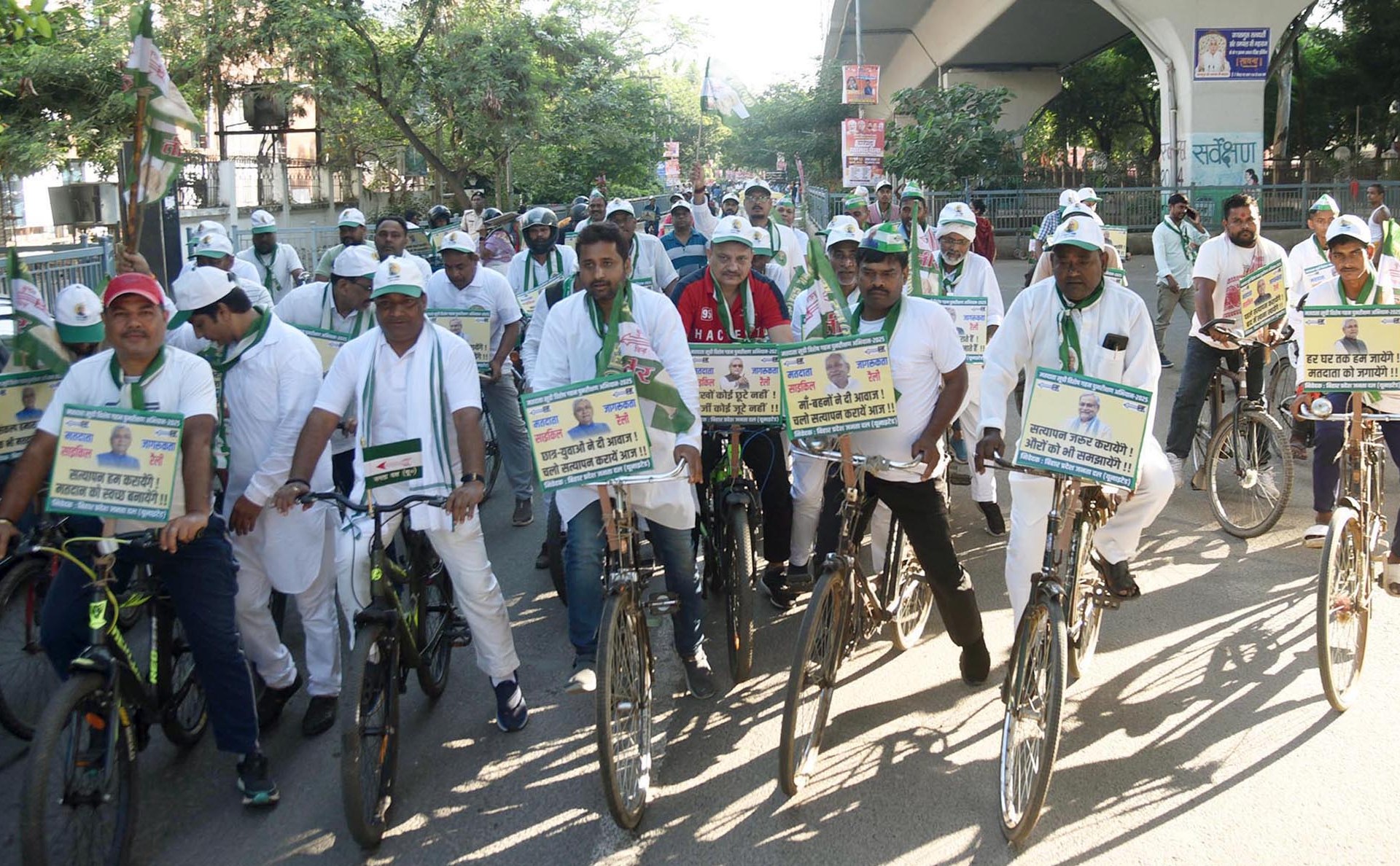

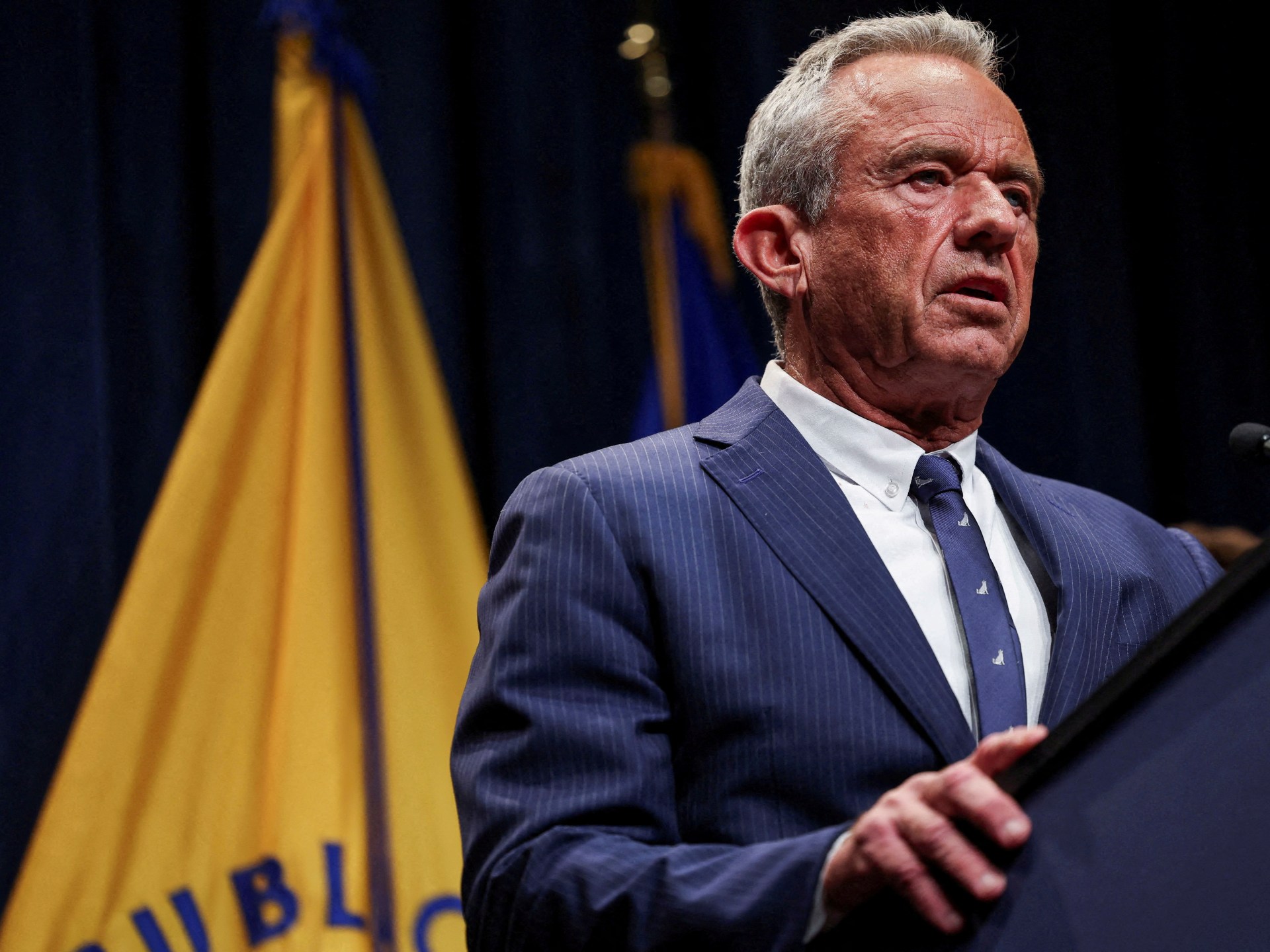



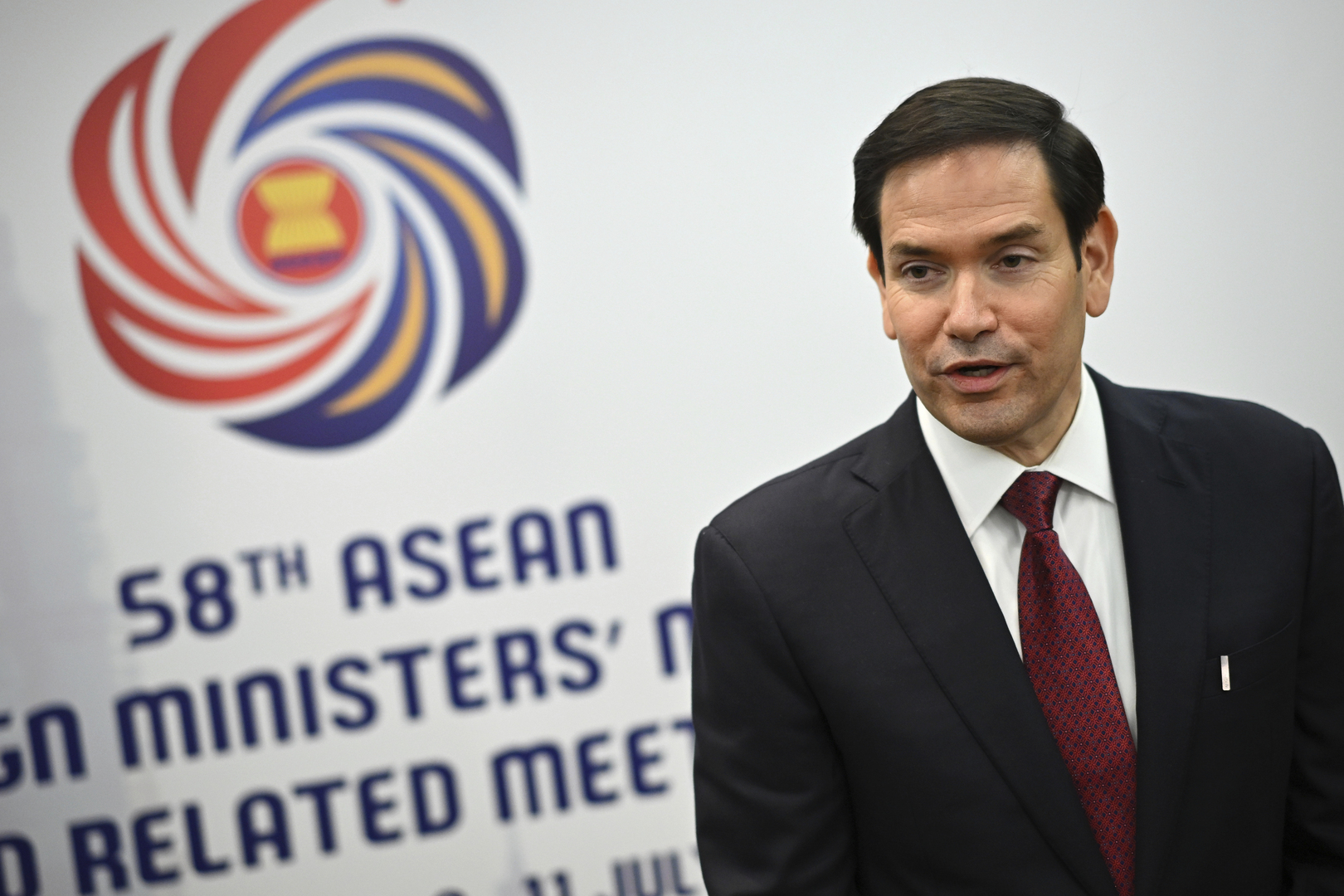
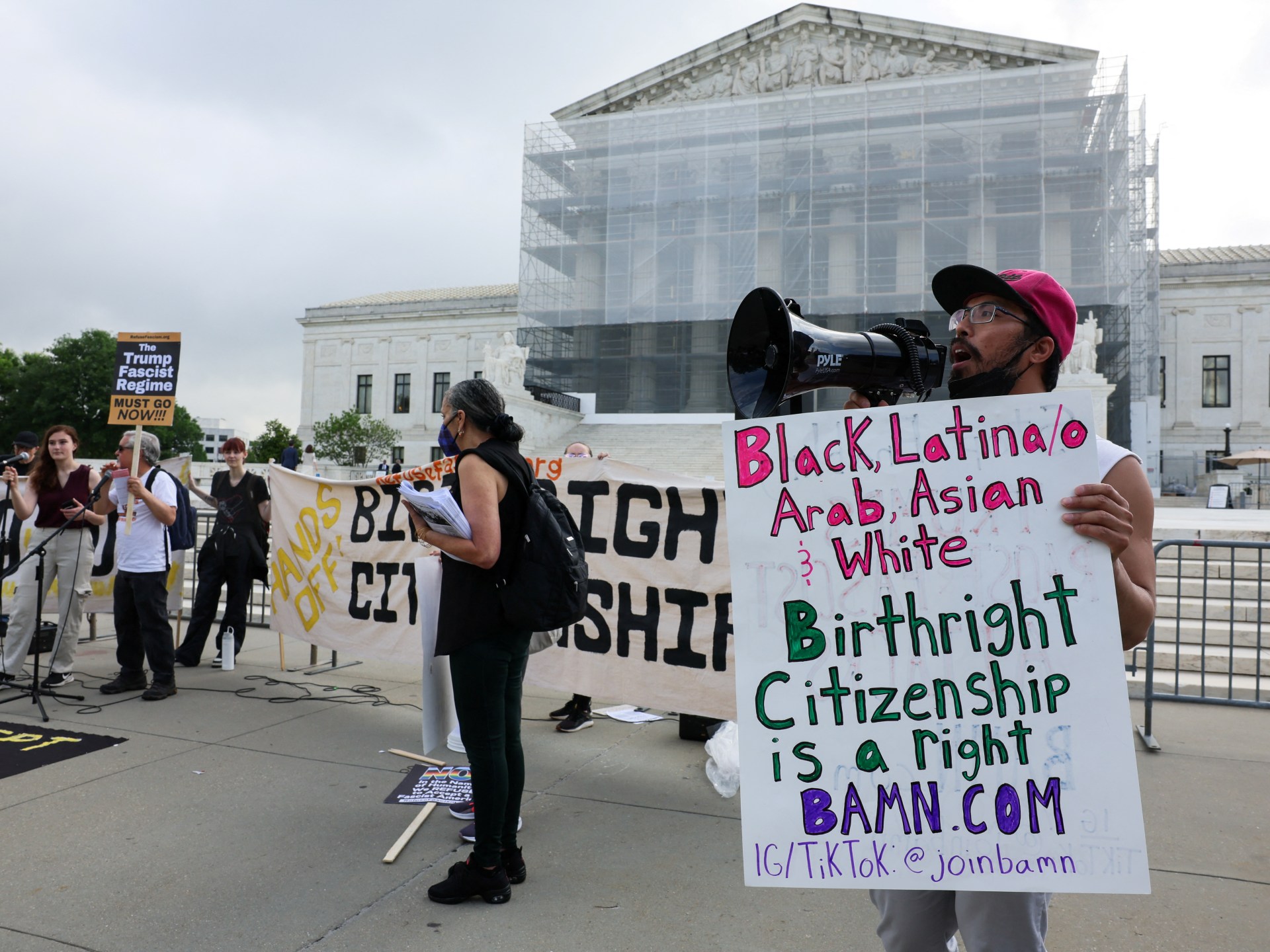



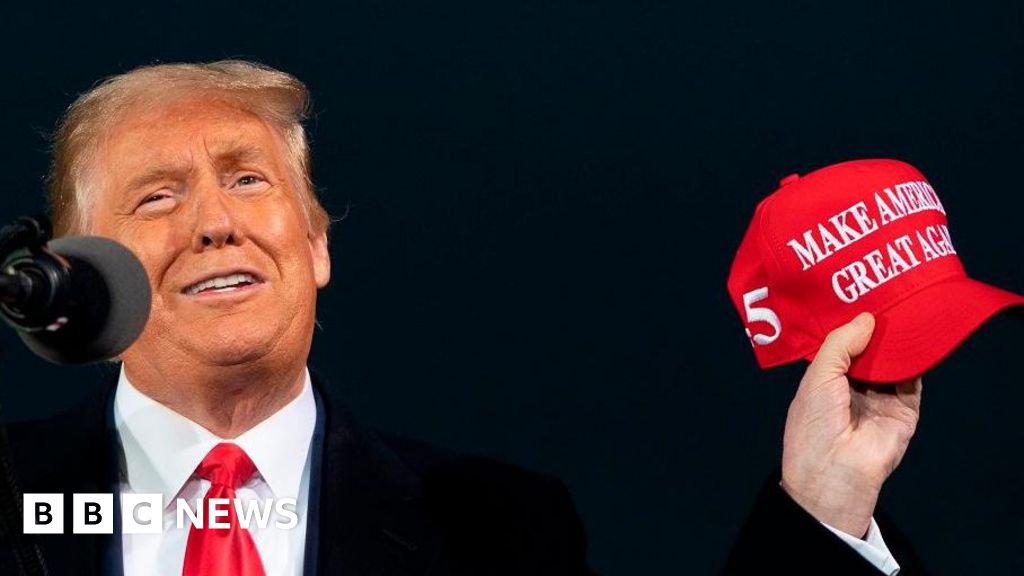


Leave a Reply